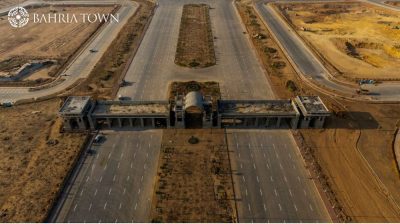RAWALPINDI: The Military Lands and Cantonments (ML&C) has issued guidelines to cantonment boards across the country to improve the residential tax collection system, which accounts for 35% of its revenue.
The ML&C in a letter to all cantonment boards stated that house tax was one of the cantonment board’s main sources of income.
Almost Rs. 9 billion had been collected from residents, accounting for more than 35% of all taxes collected by civic bodies, according to the letter.
However, a study conducted at the ML&C with input from all regional headquarters and cantonment boards revealed that there were some glaring anomalies in assessing house tax that needed to be corrected.
The verified data indicated that if the property tax is calculated on the basis of section 64(a) of the Cantt Act, 1924, the amount of taxation @ 15% of residential property assessment becomes too high and unpayable by the majority of residents.
After acknowledging this ground reality, cantonment boards in Lahore (70%) and Abbottabad (85%) provided significant rebates to self-occupied house tax units.
“The Clifton cantonment board calculated land component at 67% rebate, while the Walton cantonment board slashed bills of posh localities by 67%,” according to the letter.
According to the guidelines, cantonment boards will levy a tax equal to the annual rental value of the property.
The total cost of land, construction cost, covered area, and approved building plan will be used to calculate the annual rental value.
The letter also stated that data from all cantonment boards was analyzed, and they were also asked to calculate on their own for verification purposes in order to reach an appropriate decision with regard to all civic bodies.









